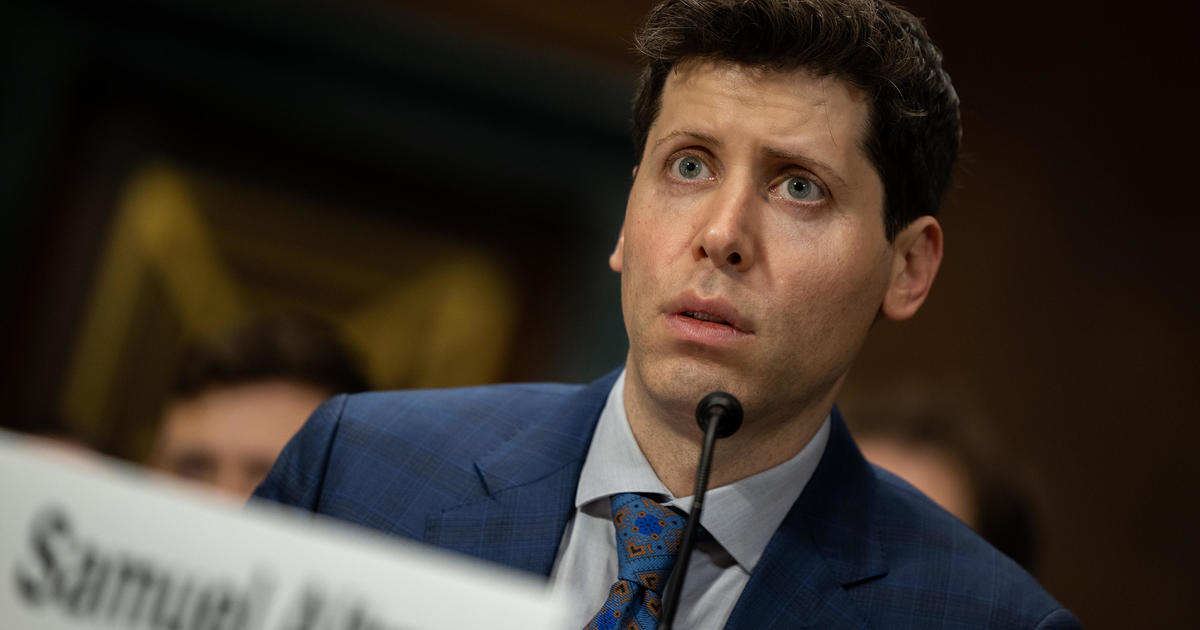TYLER DURDEN FROM ZEROHEDGE
Two months ago, Goldman sparked uproar across Wall Street when the bank forecast that the AI revolution could lead to as many as 300 million highly skilled (or at least not menial labor) layoffs across the US and Europe and predicted that some 18% of global work could be automated with AI…
… with the biggest impact falling on legal and admin jobs, with social science and architects and engineers also in danger of being made obsolete (much more in the full Goldman note available here to pro subs).
Goldman’s back of the envelope calculation inspired none other than hedge fund legend Steve “expert networks” Cohen to predict that the market is going up as a result of the margin boost that AI-driven layoffs will unleash.
As Bloomberg reported, the billionaire added that he’s worried about the “types of jobs that will be displaced,” but more broadly, he expects profit margins to improve, which would reduce pressure on the Federal Reserve to curb inflation with additional interest rate hikes. This would, in turn, boost markets, he said. Of course, “boosting profit margins” is a polite way of saying mass layoffs are coming.
Cohen joined other hedge fund managers who have expressed enthusiasm for AI. Stan Druckenmiller and Lee Ainslie both took positions in chipmaker Nvidia a beneficiary of the AI boom, during the first quarter, in anticipation of even more AI-driven upside .
“AI is very, very real and could be every bit as impactful as the internet,” Druckenmiller said last week at the 2023 Sohn Investment Conference.
But what if this growing consensus is wrong, and what if AI ends up creating more jobs than it destroys?
That’s the argument made by Deutsche Bank head of global research Jim Reid, who has written a lengthy report explaining why “History suggests AI will ultimately create not destroy jobs” (and available to pro subs ).
As Reid reminds us, there is a long history of resistance to technology. As far back as 1589, Queen Elizabeth I of England refused to grant the inventor of a mechanical knitting machine a patent lest it put manual knitters out of work. Such concerns were accelerated by the arrival of the Industrial Revolution. In 1772, Thomas Mortimer wrote how machines would “exclude the labor of thousands of the human race, who are usefully employed”. Famously, in the early 19th century a group of English textile workers known as the Luddites destroyed machinery, in part because of fears it would take their jobs away (they were right). Similar narratives have subsequently resurfaced on the eve of every major technological breakthrough.
However, Reid argues that history tells us that technology does not create unemployment, at least not in the long term. He illustrates this by looking at long-term unemployment data, using the median of the G7 countries. It shows that unemployment has oscillated based on economic cycles, rather than any technological waves. In fact, today’s median G7 unemployment rate of 3.8% is beneath the 5% UK rate at the start of the series in 1755.
“So even though virtually all of the jobs of 1755 no longer exist, the automation of different tasks did not lead to an ever-increasing spiral of unemployment” Reid argues and concludes that “technology has always created the wealth and time to free up labor for alternative more productive employment and created industries and jobs we never knew we needed at the time.”
While this is correct, what Reid’s analysis ignores is the social upheaval and short-term spikes in unemployment after any major new technological shift. Indeed, what his charts omits is the countless wars since 1755: maybe his unemployment rate is so low because it counts all the mass mobilization and army units as employed workers (it wouldn’t be too much of a stretch: after all the Biden admin counts a record number of multiple jobholders as individual workers, allowing the admin to benefit from a record low unemployment rate). That said, there is a tongue-in-cheek admission that not all may be as rosy as represented when Reid says that “it is no coincidence that unemployment is associated with various negative health outcomes.” Like war?
We are curious to see just how far the current social safety net – whether in the US or China – will stretch when there is a sudden spike in unemployment, and how many of the democrat-controlled coastal cities will burn down when millions of people suddenly find themselves without a job (even if eventually AI will result in potentially better jobs for most, albeit with a lot of retraining).
Could this time be different? Reid concedes that “there are obvious arguments why it might be given the speed of possible adoption of AI and the type of jobs it could put at risk” which are critical caveats: after all, if it takes 5 years to retrain someone to find gainful employment in an AI world, it’s the same as an unemployment shock; and in this economy in which virtually nobody has any idea how to deal with a lengthy stretch of unemployment, we doubt the ending would be happy.
Still, Reid is optimistic and concludes that “even if there are short-term disruptions to labor markets, we desperately need the productivity-boosting potential that AI brings. In turn this will soon likely create more opportunity, jobs and wealth for society.”
We are confident that the Steve Cohens and CEOs of the world agree, even if those 300 million workers who are about to be made obsolete may have second thoughts.
Much more in DB’s full note available here to pro subs.



Connect with us on our socials: